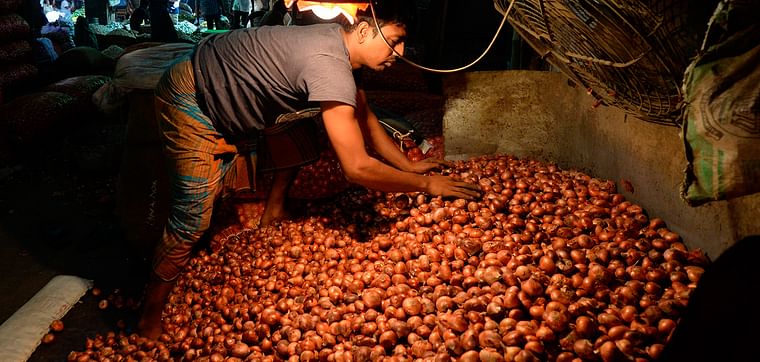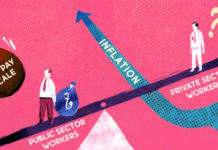
Referring to the rising prices of rice and other essentials, Awami League general secretary Obaidul Quader said that a syndicate is always behind this fluctuation in the market. He also blamed the increased prices on the coronavirus outbreak and the international market. He said that the government has not surrendered to the syndicate and will break it.
Ministers often talk about the government’s efforts to break these syndicates, but the syndicates are never identified. And these always remain out of reach. The more the government declares it will root out the syndicates, the stronger the syndicates get.
Rather than making a big noise every time prices increase, the government needs to ensure a steady supply in the market so that prices do not rise. If demand rises above supply, so will prices
Once the price of any item goes up in Bangladesh, there is hardly an instance of it going down again. At a meeting with commerce minister Tipu Munshi on Thursday, the edible oil importers announced a reduction in edible oil prices at Tk 2 per litre, sold at the factory outlets referred to as the ‘mill gates’. According to this new price, un-bottled soyabean oil will sell at Tk 90 per litre and palm oil at Tk 80.
The state-run Trading Corporation of Bangladesh (TCB) said that un-bottled soyabean oil is sold in the retail market at Tk 92 to Tk 97 per litre, which is around Tk 12 to Tk 15 higher than it was a year ago. So even after the decrease in price by 2 taka, the consumers are still having to pay more.
Small syndicates were unearthed during the onion crisis. They imported onions from Myanmar and sold these for triple the price. Their names came up during the joint operations of the commerce ministry and the district administration’s mobile courts. These persons were onion importers from Chattogram and Teknaf in Cox’s Bazar, C&F agents and stockists.
There is also need for constant monitoring. Rather than making a big noise every time prices increase, the government needs to ensure a steady supply in the market so that prices do not rise. If demand rises above supply, so will prices.









